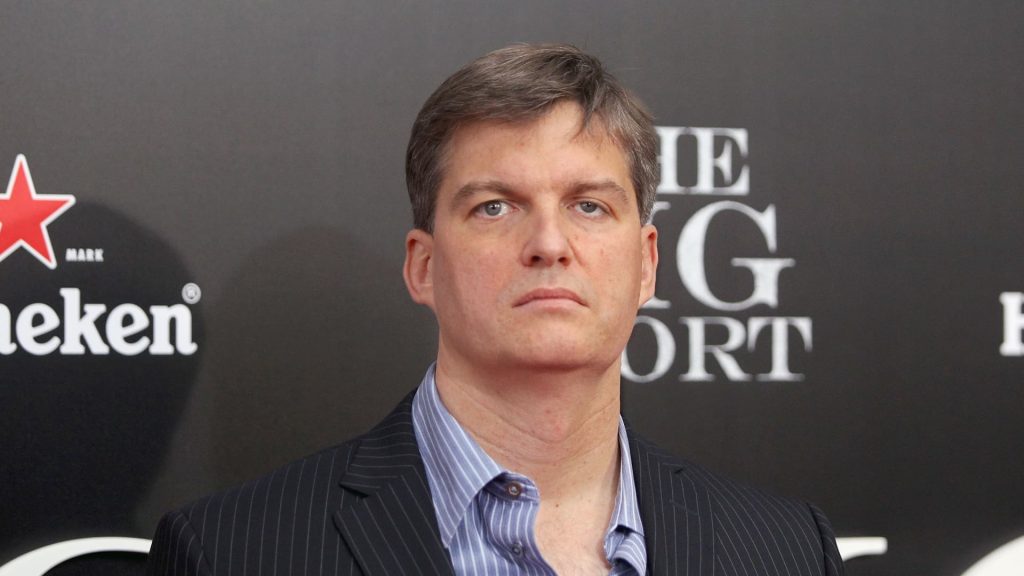Michael Burry attends the New York premiere of “The Big Short” at the Ziegfeld Theater in New York City on Nov. 23, 2015.
Jim Spellman | WireImage | Getty Images
Michael Burry, the investor who shot to fame for calling the housing crash before 2008, has launched a Substack newsletter after deregistering his hedge fund, aiming to lay out in detail his increasingly bearish thesis on artificial intelligence.
“The Big Short” investor is capitalizing on the massive audience he’s built on X, where 1.6 million followers have long parsed his cryptic posts. His new publication, titled “Cassandra Unchained” with a $379 annual subscription fee, arrives with a familiar warning: He believes markets are once again deep in bubble territory.
In announcing the launch, Burry referenced the parallels between the late 1990s tech mania and today’s rush into AI and how the bubbles have been ignored by policymakers, in his view.
“Feb 21, 2000: SF Chronicle says I’m short Amazon. Greenspan 2005: ‘bubble in home prices … does not appear likely.’ [Fed Chair Jerome] Powell ’25: ‘AI companies actually… are profitable… it’s a different thing. ‘I doubted if I ever should come back. I’m back. Please join me,” Burry wrote in a post Sunday night on X.
He highlighted then-Fed Chair Alan Greenspan’s 2005 insistence that U.S. housing prices showed no signs of a bubble, just two years before the subprime implosion validated Burry’s famous “Big Short.” And now he contends history is rhyming again.
Like the dot-com era, investors are extrapolating exponential growth, dismissing profitability concerns and funding massive capital expenditures on the assumption that the technology will rewrite the economy, he believes.
The investor noted Powell has waved off bubble fears, saying AI companies are “actually profitable” and “a different thing” from past booms,
“This is different in the sense that these companies, the companies that are so highly valued, actually have earnings and stuff like that,” Powell said during a news conference in October.
Burry took it as an eerie echo of the assurances offered by Greenspan two decades ago. At the height of the dot-com boom, Burry was publicly short Amazon. Today, he has been openly bearish on the poster children of the AI boom, Nvidia and Palantir.
